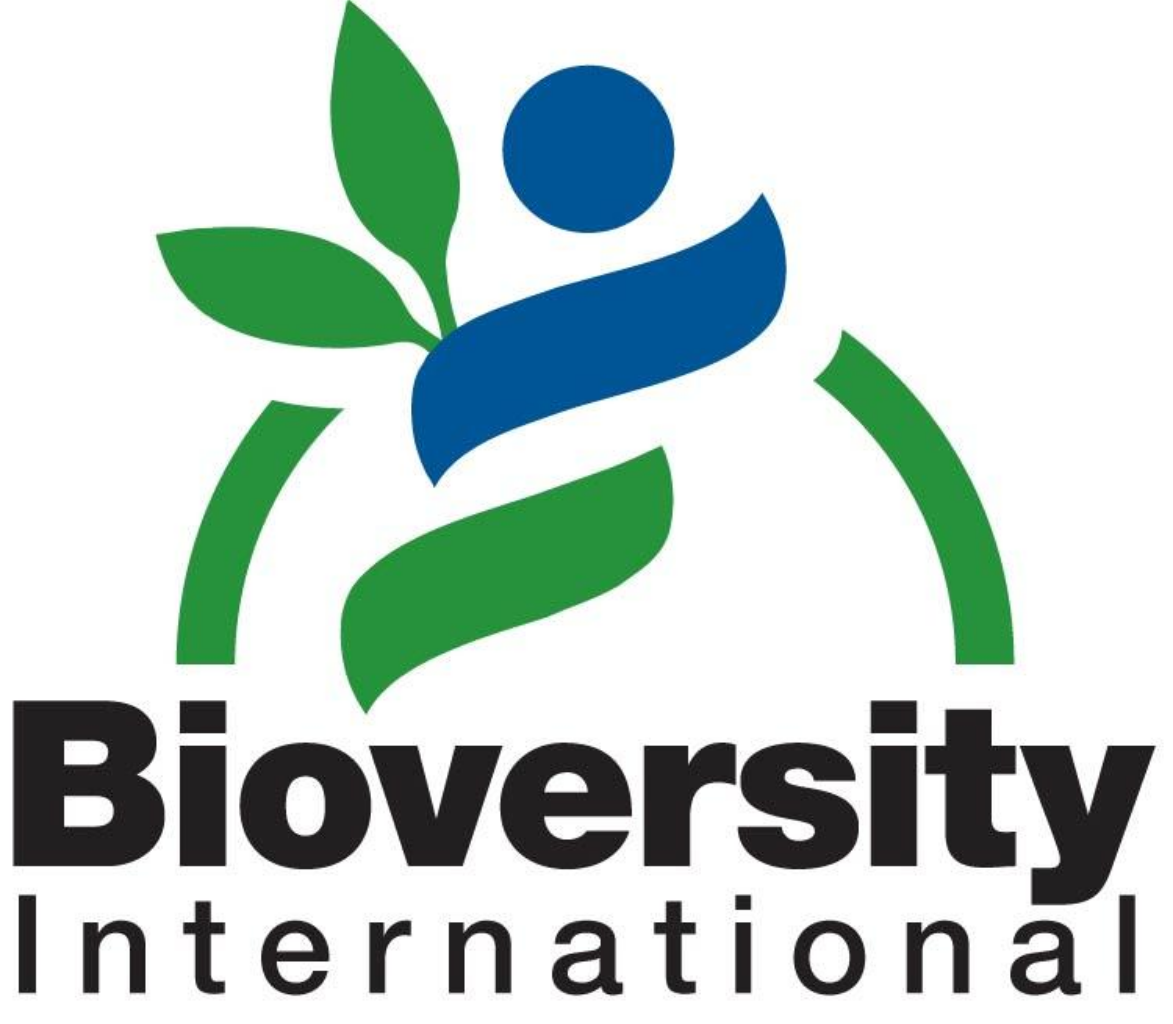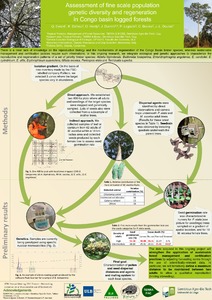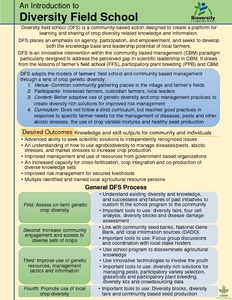Location
Bioversity International is a global research-for-development organization. We have a vision – that agricultural biodiversity nourishes people and sustains the planet.
We deliver scientific evidence, management practices and policy options to use and safeguard agricultural and tree biodiversity to attain sustainable global food and nutrition security.
We work with partners in low-income countries in different regions where agricultural and tree biodiversity can contribute to improved nutrition, resilience, productivity and climate change adaptation.
Members:
Resources
Displaying 66 - 70 of 184Bringing together social-ecological system and territoire concepts to explore nature-society dynamics
We examine two academic traditions that address the nature-society interface. These traditions are organized around two main concepts: social-ecological system and territoire. These traditions have grown independently and are rooted respectively in ecology and social geography. We show that they have much in common: Both come with a systemic view of the nature-society interface and have the intention of understanding better the relations between nature and society and improving their sustainability. However, they differ in how they deal with space and society.
Assessment of fine scale population genetic diversity and regeneration in Congo basin logged forests
In the Congo Basin most of the light-demanding timber tree species display a deficit of natural regeneration which is a major handicap for sustainable production and certification. Whilst the majority of scientists investigate abiotic and biotic factors explaining that pattern, we hypothesize that tree population density or individual spatial isolation may also affect the tree fitness through inbreeding.
Assessing ecosystem services from multifunctional trees in pastures using Bayesian belief networks
A Bayesian belief network (BBN) was developed to assess preferred combinations of trees in live fences and on pastures in silvopastoral systems. The BBN was created with information from Rivas, Nicaragua, using local farmer knowledge on tree species, trees' costs and benefits, farmers' expressed needs and aspirations, and scientific knowledge regarding tree functional traits and their contribution to ecosystem services and benefits.
AgroPortal: a proposition for ontology-based services in the agronomic domain
Our project is to develop and support a reference ontology repository for the agronomic domain. By reusing the NCBO BioPortal technology, we have already designed and implemented a prototype ontology repository for plants and a few crops. We plan to turn that prototype into a real service to the community. The AgroPortal project aims at reusing the scientific outcomes and experience of the biomedical domain in the context of plant, agronomic and environment sciences.





